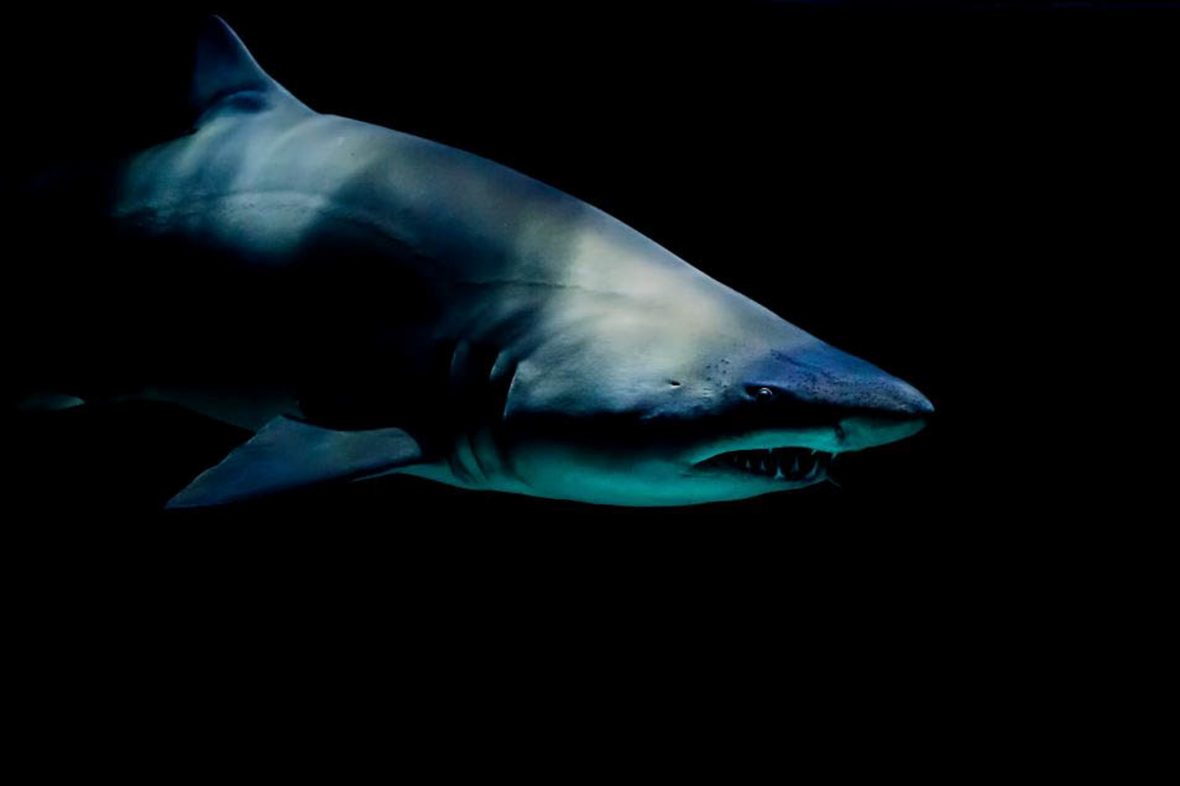Where have all of the Great White Sharks gone?
As a surf guide, one of the add-on activities we offer our guests is shark cage diving in Gaansbaai, South Africa. It’s an epic experience that allows our visitors to learn about marine sustainability & conservation, while getting up-close and personal with one of the world’s deadliest predators.
The only issue? None of our recent visitors have actually seen a great white shark on their trips at sea.
So, where have all of the great white sharks gone?
Shark-cage diving is at the top of every adrenaline junkie’s bucket list! It’s also the reason why thousands of tourists flock to Gansbaai every summer, where local guides can guarantee you a close encounter with these impressive yet terrifying creatures. The Gansbaai shark cage diving industry is therefore ordinarily a cash cow. Local companies have however taken some hard financial knocks over the last few seasons due to unusual periods of great white scarcity. So where have all the great whites gone? What could possibly intimidate or scare a predator of such frightening magnitude? The answers are pretty surprising.
Great white sharks vs. Orcas in Gaansbaai, South Africa.
It so happens that the great white shark is not the baddest beast of them all. The mere sight of Free Willy can send even the toughest sharky bigboy swimming for his life. Orcas are known predators of sharks and previous data suggests that the presence of orcas usually causes sharks to disperse.
In February 2017, a trio of great whites were killed by orcas in Gansbaai with subsequent autopsies revealing that the sharks had been ripped apart using extreme force. One of the reasons great whites disappear from time to time could likely be the appearance of these “friendly” sea pandas.
What makes things even more interesting, is that great whites have been found washed up with only their livers removed, with one expert noting that the organs were removed with ‘surgical precision’. Experts suggest that local killer whales have developed an appetite for squalene – an organic chemical compound found in abundance in shark liver oil.
Scientists, however, are hesitant to blame the shark disappearance solely on one of our favourite black and white mammals. The Dryer Island Conservation Trust, which tracks and closely studies great white sharks in the Gansbaai area, has said that various factors could contribute to the recent scarceness of shark sightings. The migration of large amounts of prey species, such as yellow tail fish, could be drawing the sharks further up the coast. There might be more favourable environmental conditions for sharks due to changes in ocean currents and temperatures.
The effects of climate change have meant that waters along the coast have been warmer than in previous years. This could easily effect the migration of various species of sea life, including great white sharks and where they hunt.
Is the shark-cage diving experience still worth the fee, if I might not see a great white?
Firstly, we’d like to note that we don’t make any money off of our guests shark-cage diving, we simply refer them to our trusted suppliers. For that reason, our opinions are completely objective.
So far, every single one of our guests who experienced shark-cage diving has returned to us with a big fat smile on their face. The experience of going deep out to sea; learning about the ocean, sharks, marine conservation & sustainability from experts; jumping into the freezing cold water & seeing a shark within arm’s length is an incredible one- regardless of whether they see great whites or not.

